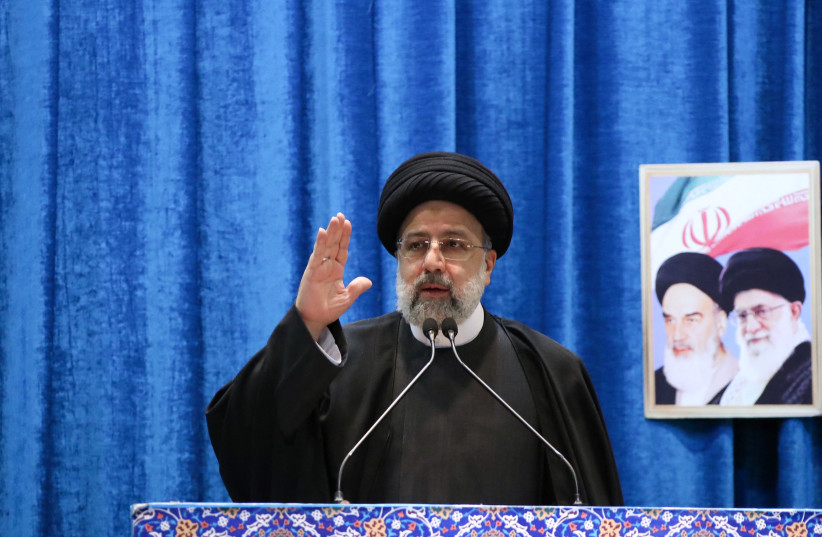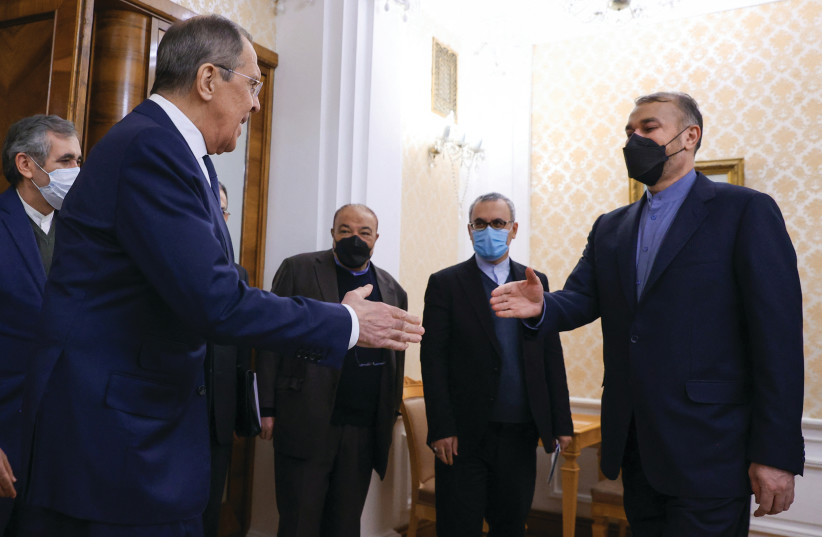Iran denies seeking nuclear weapons.

A senior Iranian security official said on Monday that progress in talks to salvage Iran’s 2015 nuclear deal was becoming “more difficult” as Western powers only “pretended” to come up with initiatives.
The indirect talks in Austria between Iran and the United States resumed last week after a 10-day break. Delegates have said the talks have made limited progress since they resumed in November after a five-month hiatus prompted by the election of hardline Iranian President Ebrahim Raisi.
“The work of Iranian negotiators towards progress is becoming more difficult every moment … while Western parties ‘pretend’ to come up with initiatives to avoid their commitments,” Ali Shamkhani, secretary of Iran’s Supreme National Security Council, said on Twitter.
Mikhail Ulyanov, Russia’s envoy to the talks in Vienna, said on Twitter hours earlier: “Significant progress has been made in the course of negotiations.”
On Thursday, Russian Foreign Minister Sergei Lavrov said there was still a long way to go before the 2015 deal could be revived. Iran’s nuclear advances were curbed in exchange for the loosening of US and other economic sanctions.

The agreement imposed restrictions on Iran’s nuclear activities that extended the time Tehran would need to produce enough fissile material for a nuclear bomb, if it chose to, to at least a year from around two to three months. Most experts say that time is now shorter than when the deal was struck.
Iran denies seeking nuclear weapons.
Then-President Donald Trump pulled the United States out of the deal in 2018, re-imposing punishing US sanctions on Iran’s economy that slashed its vital oil exports.
Iran responded by breaching much of the deal’s restrictions and pushing well beyond them, enriching uranium to close to weapons-grade and using advanced centrifuges to do it, which has helped it hone its skills in operating those machines.
Content retrieved from: https://www.jpost.com/breaking-news/article-696376.